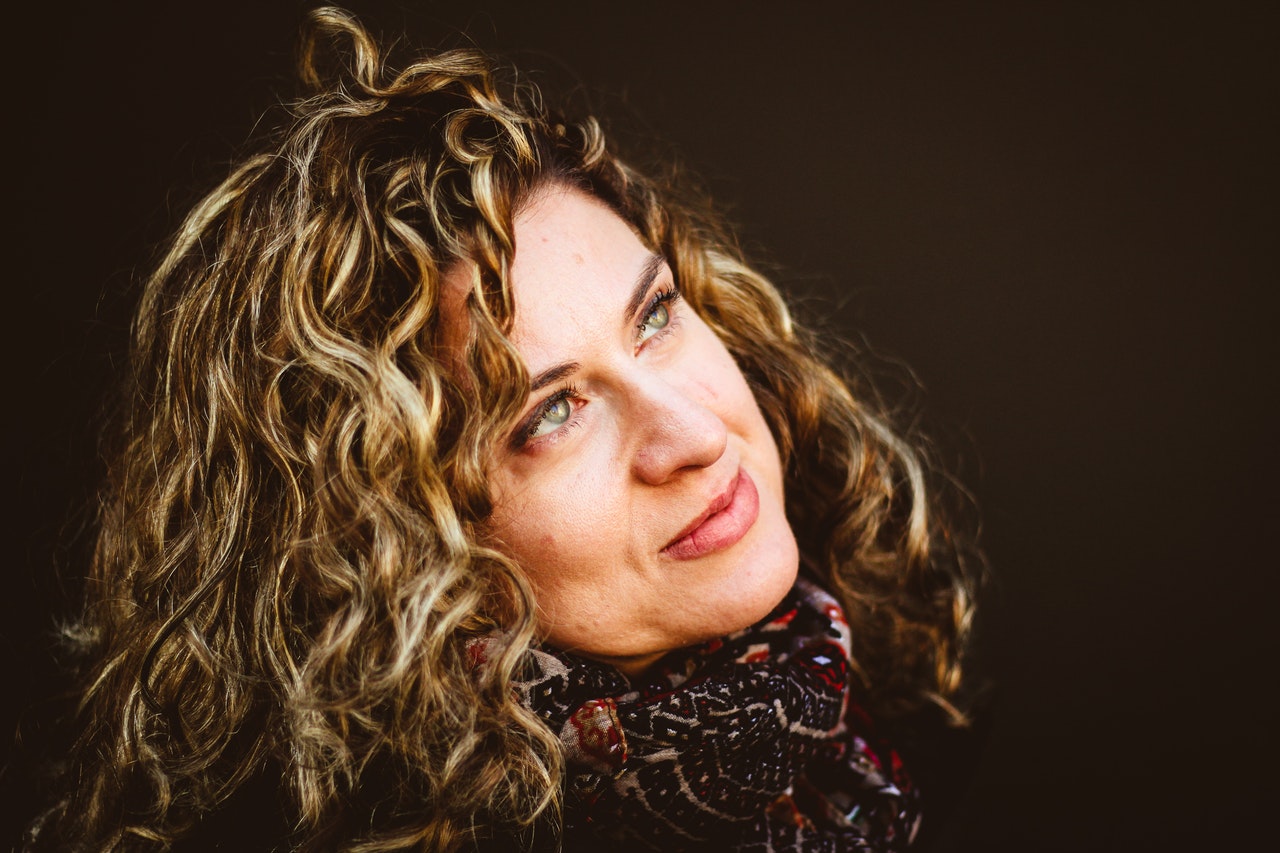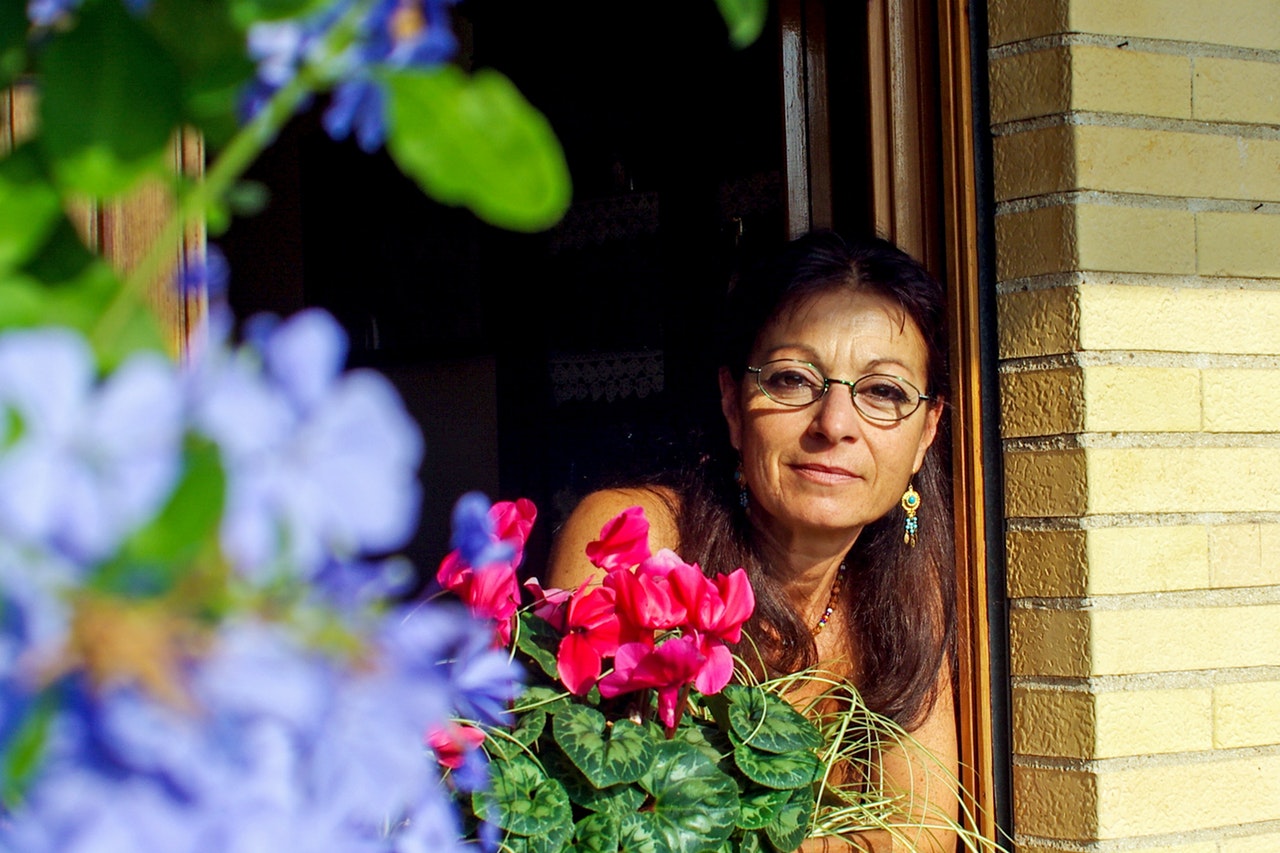What Is Menopause?
Things You Should Know About Menopause

Oh, the joy of being a woman...Menstrual cycles (commonly known as periods) impact women’s lives on a monthly basis starting at puberty for several decades, with the exception of pregnancies when periods cease for a period of 9 months. However, these menstrual cycles do not last forever. Periods will eventually come to a halt permanently, also known as menopause. Understanding menopause is important for men as well as women, since it will affect how men communicate with the women in their lives such as a spouse, mother, sister, female friends, or other relatives during the menopause stage that may last up to a decade. Menopause is popularly correlated to hot flashes and the ceasing of womens’ periods but there is a lot more to it than that. Here are some things you need to know regarding the menopause stages women are going through or will eventually go through and treatments recommended by experts.
But first, Menstrual Cycles Explained
Learning about menopause also means understanding how the menstrual cycle works. The body starts to undergo many changes chemically and physically, varying from person to person.

There are 4 different stages in a menstrual cycle. The first day of your period marks the beginning of a menstrual cycle, also known as the the menstrual phase, the first stage. Women often report cramping during these first few days of the cycle, when the uterus lining breaks down and sheds which can cause low energy, aches, and pains. The second phase is prepping for ovulation which generally occurs after the last day of your period where the hormone called follicle-stimulating hormone (FSH) encourages your ovaries to produce a matured egg. This stage increases estrogen levels, helping shift to better moods and higher levels of energy. The third stage of the menstrual cycle is ovulation. During this phase, the matured egg is released into the fallopian tube and makes its way to the uterus. The egg will live up to 24 hours, during which it will fertilize if in contact with sperm. Chances of pregnancy are highest during the ovulation stage. The Luteal stage is the last phase and marks the end of the menstrual cycle. If not pregnant, levels of estrogen will drop back down and the thick lining and blood built up during the menstrual cycle will discharge from the body, marking the end of a cycle and the beginning of the next one.
What is Menopause?
Menopause is defined as ceasing your menstrual cycle for 12 months. There may be changes in the body during this period of time. Some symptoms include hot flashes, weight gain, etc. in result of a decline in estrogen production and progesterone in the ovaries. Risks for certain bone conditions such as osteoporosis are higher during menopause, where the bone loses strength, density and becomes weaker and thinner. If you are concerned or have any symptoms, it would be best to discuss with your doctor and determine treatment if necessary.
Menopause and risk factors for osteoporosis
Less estrogen production in the body can impact the amount of calcium in your bones, causing osteoporosis. This change can also make you more susceptible to bone fractures. Lots of women experience increased bone loss within the first few years after their menstrual periods stop.

To maintain healthy bones:
- - Consume foods rich in calcium such as milk, cooked kale, sardines, and yogurt.
- - Exercise on a regular basis and include weight-training in your work out.
- - Quit smoking.
- - Get sufficient sunlight or take vitamin d supplements.
- - Little to moderate alcohol intake.
How do I know I’m having a hot flash?
You will likely feel your body temperature rising during a hot flash. Hot flashes can cause skin to turn red or blotchy, typically affecting the upper half of the body,. The rise in body temperature can lead to sweating, dizziness, or heart palpitations. You may feel cold after the hot flash passes. These flashes can occur daily or several times throughout the day lasting a year or several years. Try to avoid triggers such as alcohol, caffeine, spicy foods, stress, and hot environments to reduce the chances of hot flashes. People who are smokers or are overweight may make hot flashes worse. To help reduce symptoms of a hot flash, wear extra layers and use a fan in your home or work space to help keep cool. Practicing breathing exercises may also help decrease hot flashes. Certain medications such as birth control, hormone therapy, and other prescriptions have also been known to reduce hot flashes. Make sure you consult with your doctor first.

At What Age does Menopause Occur?
On average, menopause occurs around age 51, but again, it varies by people and also certain factors such as smoking or chemotherapy can lead to early menopause. Menopause seems to be genetically predetermined, but lifestyle choices can be an influence. Typically, the majority of women end their menstrual cycles between ages 45-55, while others continue their cycles until almost 60 years old.
Is Hormone Replacement Safe for Menopause?
A lot of hormone replacements are considered safe and FDA-approved to help treat hot flashes and reduce bone loss. Discuss with your primary care physician to determine the proper treatment for your individual case. The risks and benefits of taking hormone therapy depends on your health and severity of the hot flashes you are experiencing. Hormone replacement therapy (HRT) can help restore estrogen, testosterone, and progesterone back to adequate levels. Many mass-produced manufacturers sell synthetic products that combines natural human hormones (bio-identical) with artificial preparations (side chains) that are responsible for many of the harmful side effects. Ageless Forever prescribes only bio-identical estrogen and progesterone, uniquely compounded to fit all of our patients’ needs. Make sure you stop by our clinic for more information to see if this treatment is right for you.
Menopause is a turning point in a woman’s life. It can have a profound impact on a woman’s well-being, bringing discomfort through hot flashes and other symptoms. However, learning more about menopause can help men and women understand the different stages better to be able to adapt and better handle this phase in a woman’s life where health risks such as heart disease and osteoporosis are increased. This can be looked at as adversity, or the start to a new phase in a life with an opportunity to take charge of one’s well-being and sustain adequate estrogen and progesterone levels for a desirable lifestyle.



